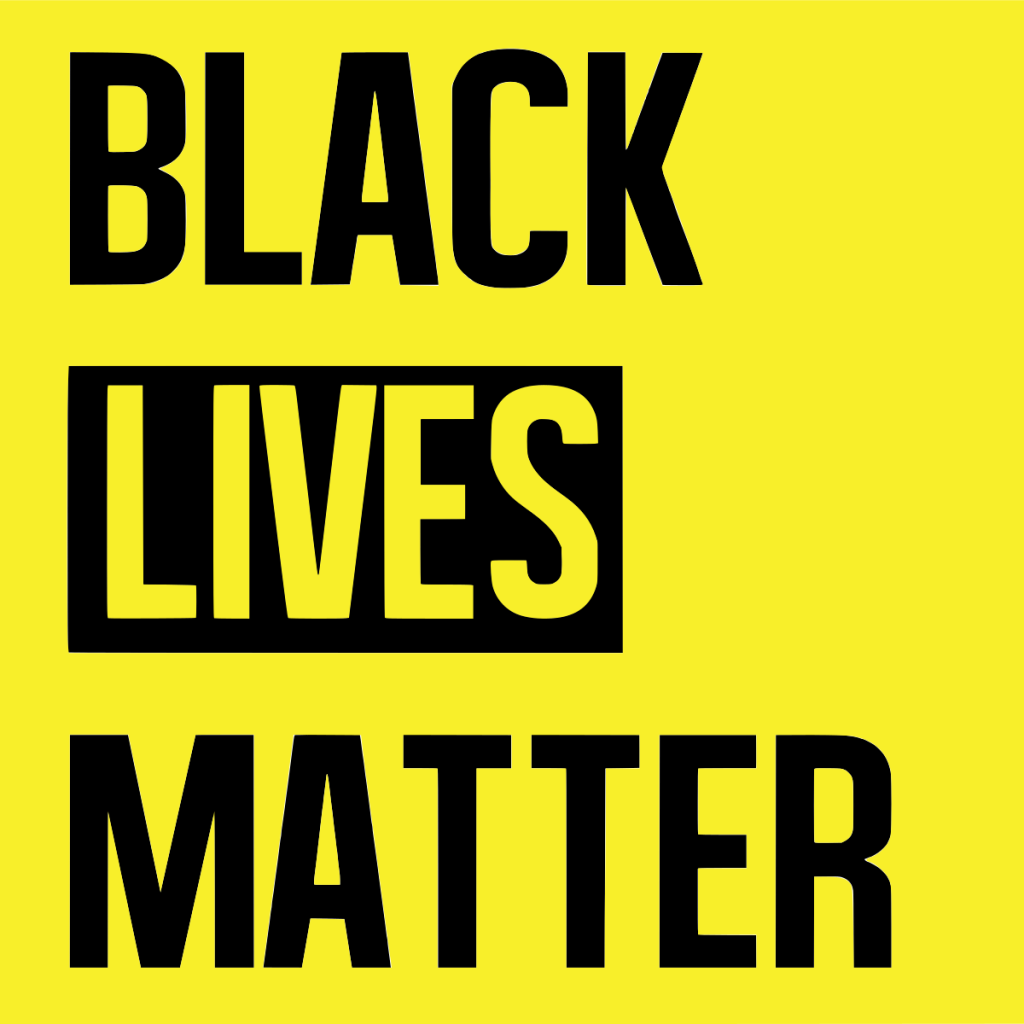Current events and the work we need to do in our community
The following is an email that I sent today to graduate students in my department. I am sharing it here in the spirit of broadening the conversation beyond just our department. I follow in the footsteps of Dr. Julie Libarkin and Dr. Jacquelyn Gill who have shared personal letters and in the wake of many departments, universities (including Kent State), and professional societies issuing their own statements. I stand in solidarity with all those protesting for change.
Dear grad students,
I hope this email finds you safe and healthy.
2020 has been rough. Whether you are starting, in the midst of, or trying to finish up research, I can imagine that world events have made it difficult to maintain focus on science.
For me, the covid-19 public health crisis has affected both my time and ability to focus on work from March to today.
More recently, the deaths of Ahmaud Arbery, Breonna Taylor, and George Floyd, the ensuing protests, and the responses to these protests have been deeply disturbing. These events bring long-standing problems in American society to the forefront of our consciousness. As a white woman, I am privileged to be able to ignore these problems when I want to, but I know that people of color, particularly Black people, do not have that luxury. Individual and institutional racism is something they navigate every single day, starting long before 2020. I know that some of you have confronted such racism in your own lives.
I condemn discrimination because of race, gender, pregnancy, age, sexual orientation, (dis)ability, nationality, or religion. Why am I writing this to you? I write this as an individual to you. I write because I’ve gotten to know each of you as graduate students and as human beings and because I value the community we have in the Department of Geology.
I am writing this because, as a community of geoscientists, it may be easy for some of us to imagine that our profession is separate from – or even above – the racism that lead to the deaths of Arbery, Taylor, Floyd and so many others. But if we allow allow ourselves to imagine that, we are deluding ourselves.
Did you know that over 90% of US geoscience PhDs go to white people? Or that our discipline is particularly bad in its inclusion of Black Americans? Despite general improvements in diversity across other professional fields, the racial diversity of the geosciences has not improved in over 40 years. The geosciences are among the least diverse of the science, technology, engineering and math (STEM) disciplines. To me, that is deeply troubling.
And it’s not just race, the geosciences are also behind other sciences when it comes to gender diversity, people with disabilities, and LGBTQ representation. The more uniform or homogeneous a profession is, the more unwelcoming it is to people from minoritized groups and the more unconscious biases and prejudices are allowed to fester. Clearly, we have a lot of room for improvement as a profession. Looking around the student body of our department, it is clear we can also do more here at Kent State.
Fortunately, there are people who are working to change these facts. A substantial fraction of the KSU Geology faculty have gone out of their way to seek training on diversity and inclusion and to devote their time and energy to these efforts. There is more we can do, and we probably don’t these hard race and diversity conversations among students and faculty enough. More broadly, the National Association of Black Geoscientists provides a valuable resource for minority geoscientists. Both AGU and GSA have active diversity committees and they have issued statements prompted by the current events. There is much more they can do.
As individuals, you can choose to combat injustice through your own actions and by making your voice heard at the student group, departmental, university, and professional society level, and beyond.
If you are distracted, discouraged, or angered by current events, it’s a sign you are paying attention. As the summer continues, your challenge is finding a way to use those feelings to work toward the change you would like to see, while also moving forward on the research and degrees that will give you the professional and economic leverage to make a bigger impact. I’ll be struggling with that same challenge.
I am happy to continue this dialogue with you at any time or to connect you with other organizations and individuals working to improve the diversity of the geosciences or more broadly against racism and for social justice. I can also provide resources if you would like to learn more. I’ve attached one recent article (Dutt, 2019; contact me if you cannot access it) to this email as a good place to start for learning more about race and racism in the geosciences. With regard to current events, you may also want to look at this list of actions and resources compiled by 500 Women Scientists.
Sincerely,
Anne
P.S. As Kent State students, I am sure that I don’t need to tell you that protesting is a fundamental part of free speech and that meeting peaceful protests with excessive force should never be condoned.

